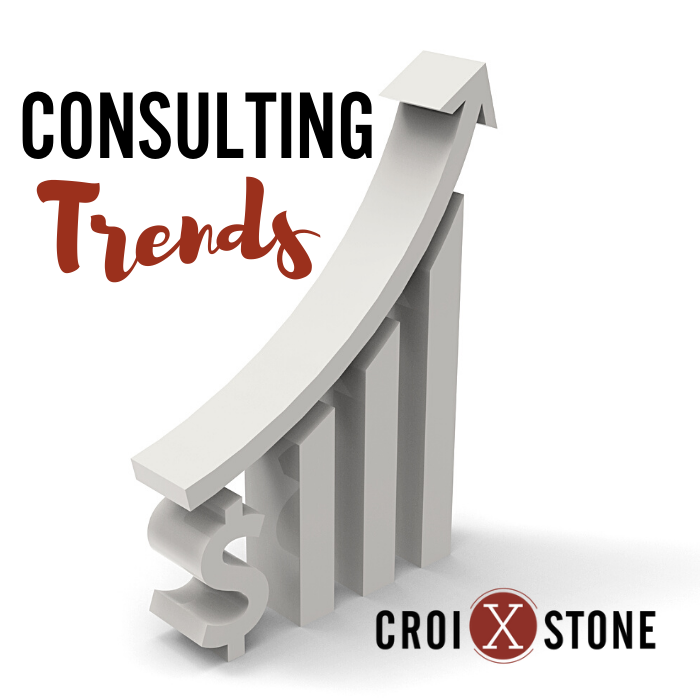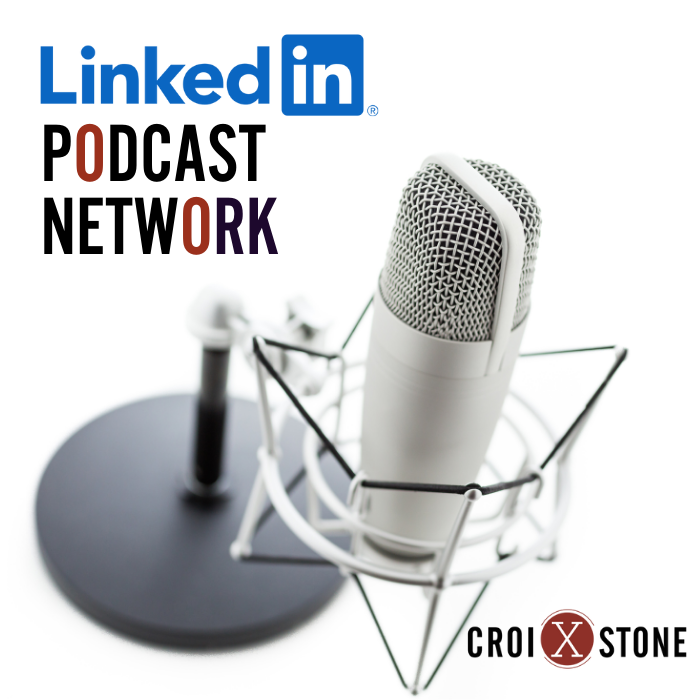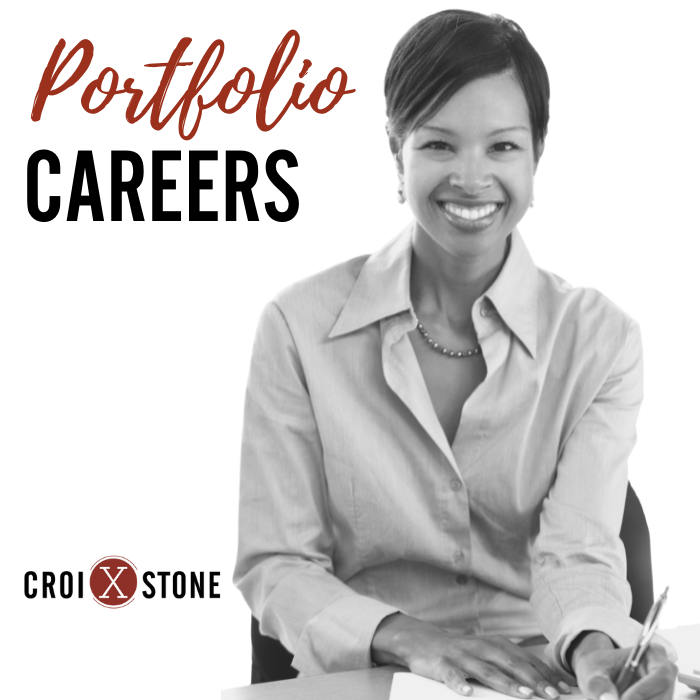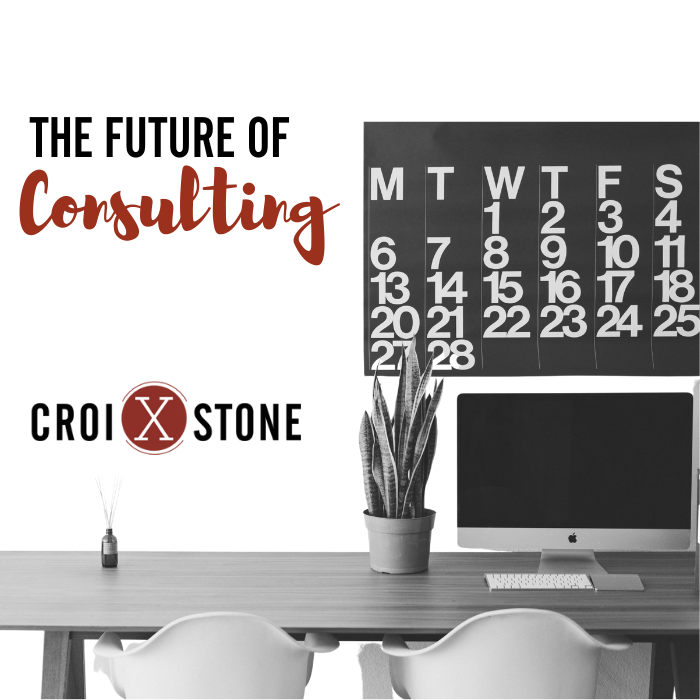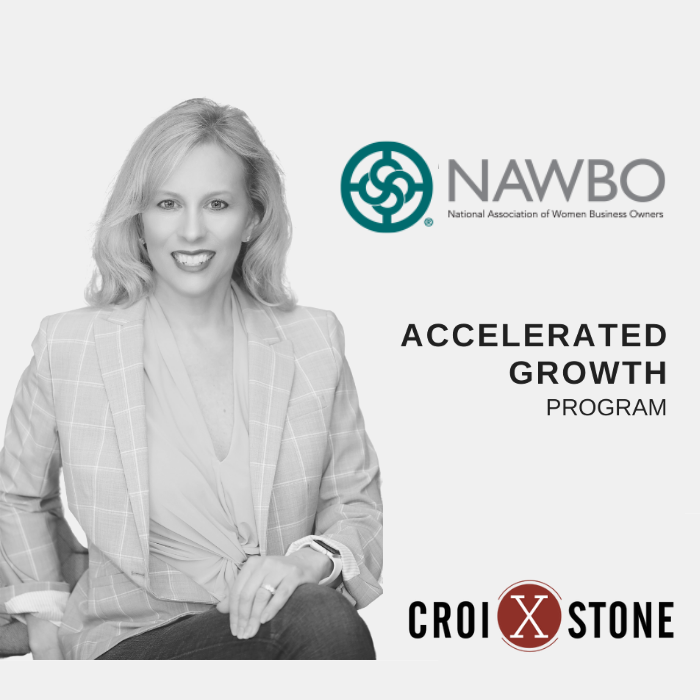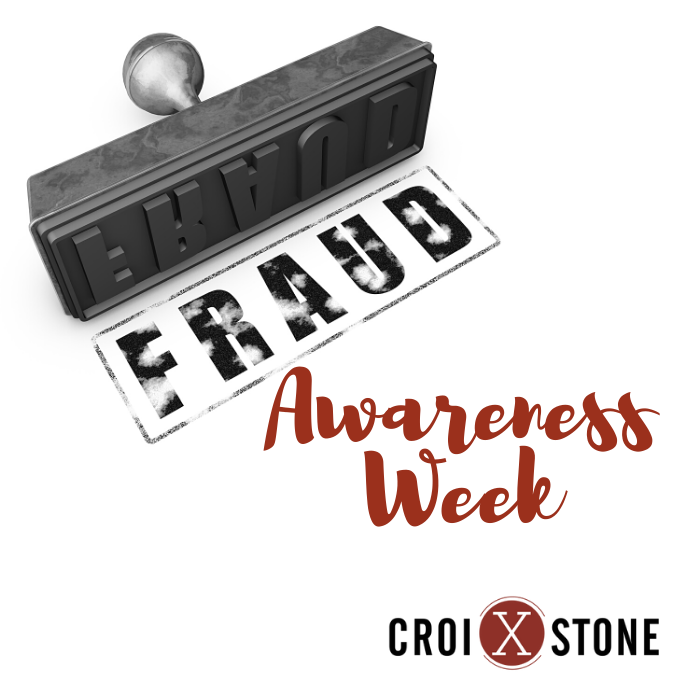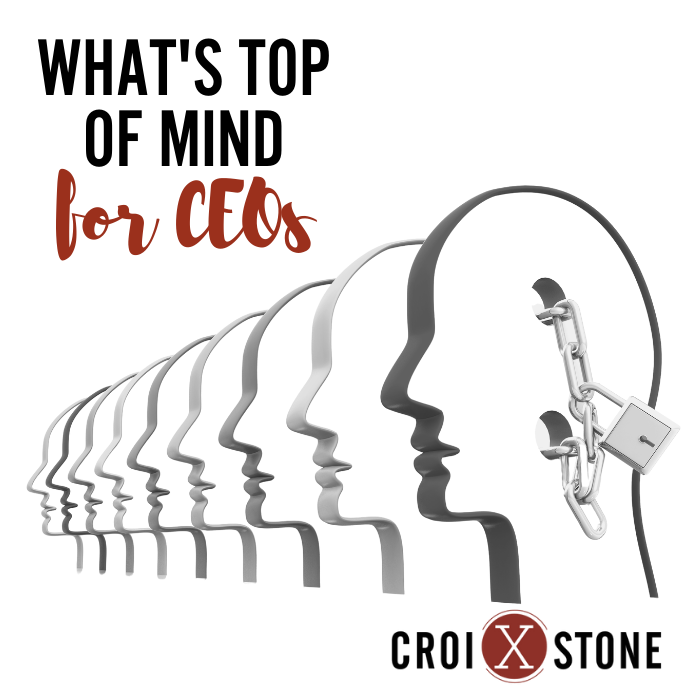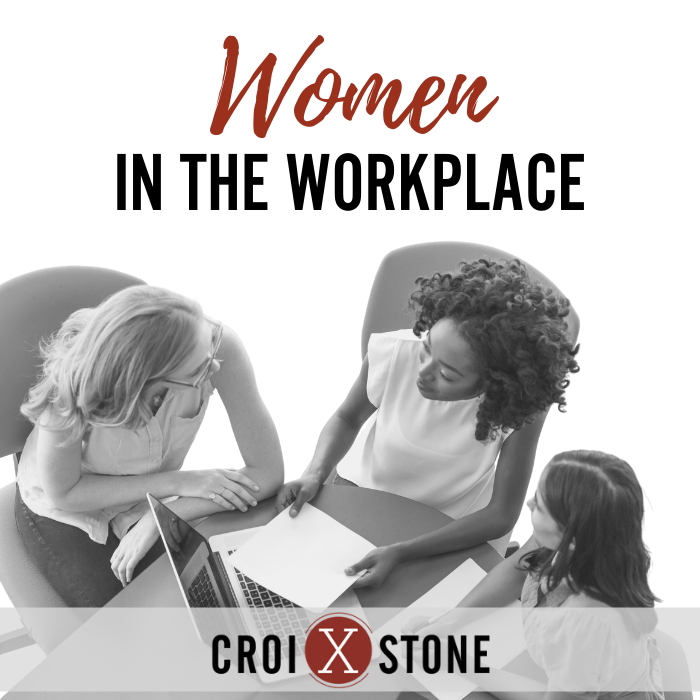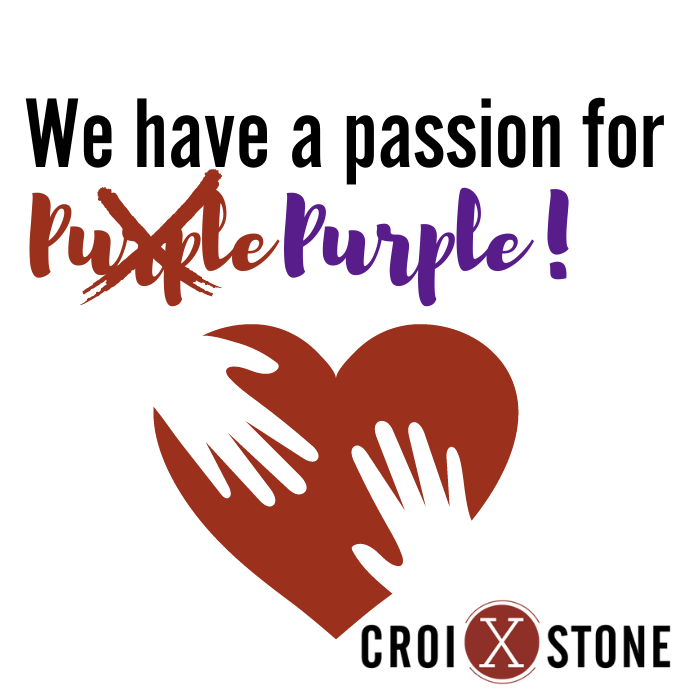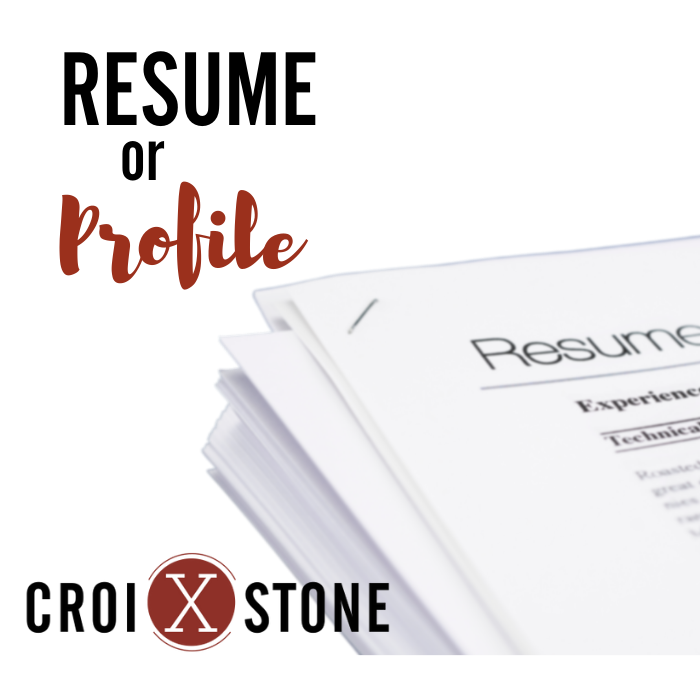Management Consulting and 5 Trends Shaping Its Future
The first management consulting firm was launched in 1886 by Arthur Dehon Little in Boston, MA. More than 135 years later, there are megatrends (like any other industry) disrupting and shaping the future of the industry where Croixstone practices as a a boutique firm.
Rick Eager, Partner Emeritus at Arthur D. Little, recently shared five trends that he believes are key for consulting firms to embrace in order to successfully navigate the rapidly changing landscape.
These five trends include:
- Success demands great senior-level involvement
- Open consulting is key
- More skin in the game
- Connectors and navigators
- Embracing new technology is vital
Learn more here via Consultancy.uk.

